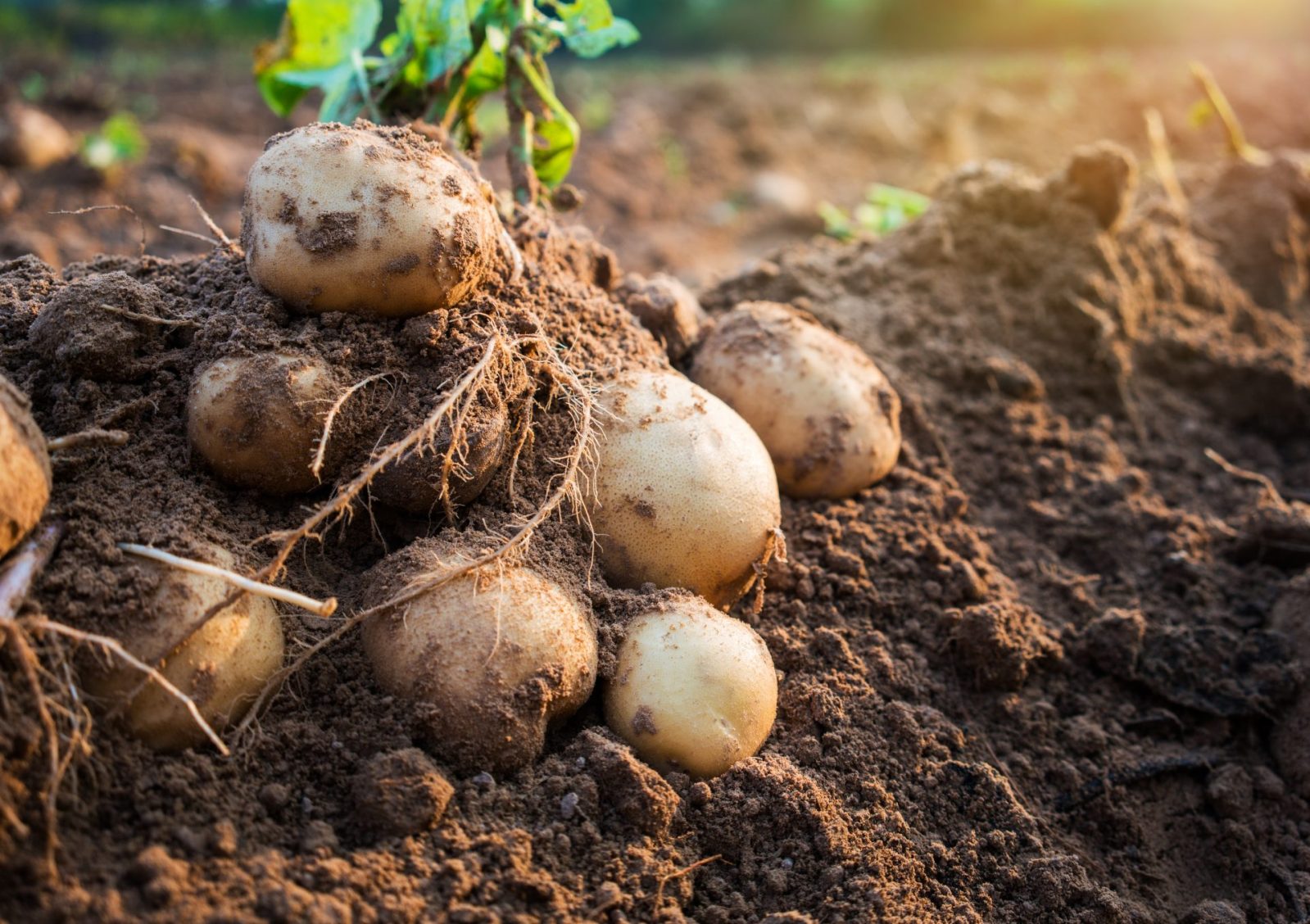A has shed light on the impact of our dietary choices on , urging consumers to reconsider their food selections for the good of the planet. Published in the Plos One journal, the study analyzed 151 popular recipes from around the globe to evaluate their ecological footprint.
------Advertisement-----
dishes emerged as the primary culprits, with recipes featuring beef, lamb, and pork ranking highest in . Surprisingly, however, the study also revealed that certain grains and legumes, such as rice and beans, can contribute significantly to biodiversity loss depending on their origins.
Researchers emphasized the importance of understanding where our food comes from, pointing out that ingredients sourced from biodiverse regions like Brazil and Mexico can exacerbate environmental pressures. For instance, the production of rice, chickpeas, beans, and lentils in countries like India poses a significant threat to endemic species and their habitats.
------Advertisement-----
The study identified starchy staples like and wheat as more environmentally friendly alternatives. Dishes incorporating these ingredients, such as Polish pyzy potato dumplings and Chinese mantou, were found to have the least impact on biodiversity.
According to Roman Carrasco, one of the study’s authors, the findings underscore the urgent need for a shift in dietary habits, particularly regarding meat consumption. Carrasco highlighted the unsustainable land requirements of livestock farming, noting that even sustainably produced beef and lamb contribute to increased demand and habitat destruction.
------Advertisement-----
The implications of the study extend beyond individual dietary choices. Elissa Cheng, the lead author, said, “The findings suggest we might need mechanisms to compensate countries to preserve their biodiversity [instead of using the land for agriculture] while we grow more things in countries that have already cleared most of their natural habitat for agriculture, like parts of Europe and North America.”
Joseph Bull, an associate professor of biology at Oxford University, emphasized the need for nuanced understanding, acknowledging that while meat remains a significant driver of biodiversity loss, ingredients like legumes and rice also warrant attention, especially in certain regions.
The study serves as a wake-up call for biodiversity-conscious eaters to reevaluate their and opt for more sustainable alternatives. By making informed choices and advocating for responsible food production practices, we can mitigate the adverse effects of our diets on the planet’s biodiversity!

Related Content:
Easy Ways to Help the Planet:
- Eat Less Meat: Download, the largest plant-based on the App Store, to help reduce your environmental footprint, save animals and get healthy. You can also buy a hard or soft copy of our.
- Reduce Your Fast Fashion Footprint: Take initiative by standing up against fast fashion and supporting sustainable and circular brands like that raise awareness around important issues through recycled zero-waste clothing designed to be returned and remade over and over again.
- Independent Media: Being publicly funded gives us a greater chance to continue providing you with high-quality content. Please consider by donating!
- Sign a Petition: Your voice matters! Help turn petitions into victories by signing the latest list of to help people, animals, and the planet.
- Stay Informed: Keep up with the latest news and important stories involving animals, the environment, sustainable living, food, health, and human interest topics by subscribing to!
- Do What You Can: Reduce waste, plant trees, eat local, travel responsibly, reuse stuff, say no to single-use plastics, recycle, vote smart, switch to cold water laundry, divest from fossil fuels, save water, shop wisely, if you can, grow your food, volunteer, conserve energy, compost, and don’t forget about the microplastics and microbeads lurking in common household and personal care products!
